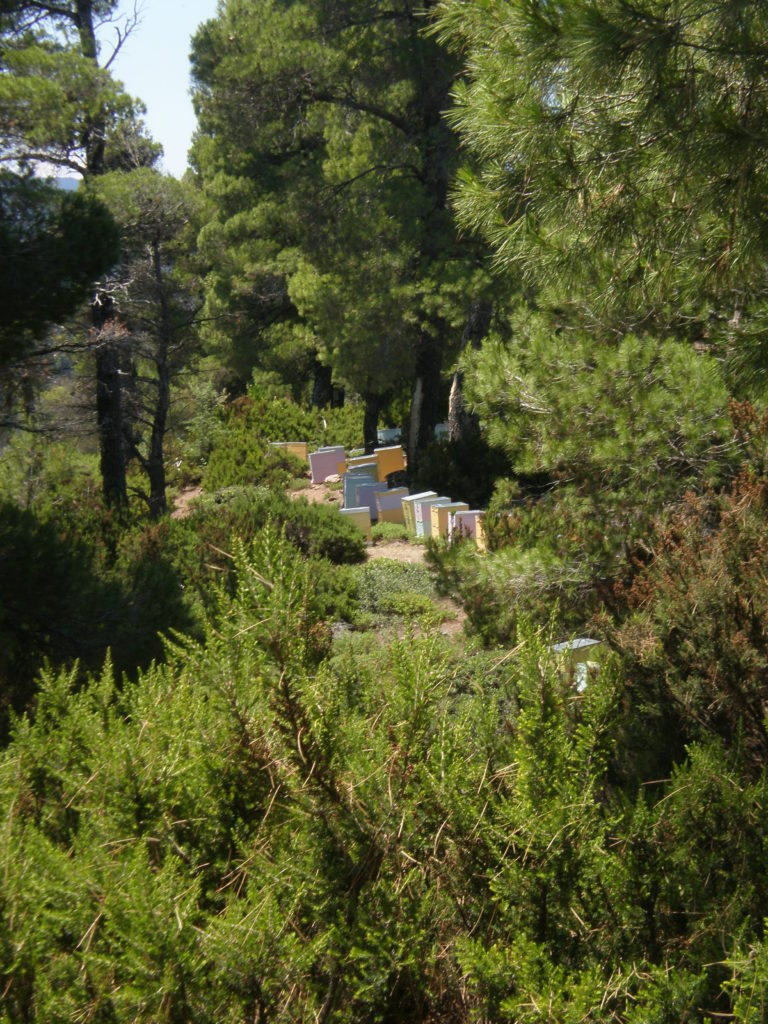
Ecology is a study of the intelligence of nature. Ecosystems are self-organizing systems that are self-sustaining and self-evolving on the basis of biodiversity. Ecology is the study of the components that sustain ecosystems through the balance of the cycle of elements and the biodiversity. Agriculture is one of the most basic activities that affects the balance of the ecosystems. Land and human form a unity from which it is determined the creation of a truly sustainable societies. Cultivating methods of industrial agriculture have degraded land and ecosystems around the world. A greater danger of both public health and nature’s biodiversity are the genetically modified organism and the agricultural policies of seed control. Traditional and natural agriculture is based its production on greener methods and local productive clusters which could restore the lost balance between modern societies and our natural environment. Natural Methods of cultivation ensure the ecology and the nutritional quality, defining as a principle the harmony of all interconnected parts of the ecosystem. Agriculture is not just an economic activity but the basis on which the different aspects of culture are based. The quality of human living depends on soil fertility, resource conservation and biodiversity. Ecology defines the broadest levels of human health with immunoecology being a study of the relationships between biodiversity and immune system function.
Tierra attempts the dialectical approach of what ecology really is and the co-configuration of the conditions for a natural way of life with cultural values. This on a practical level is expressed by the dissemination of basic ecological principles and the promotion of syntropic agriculture and natural beekeeping.
